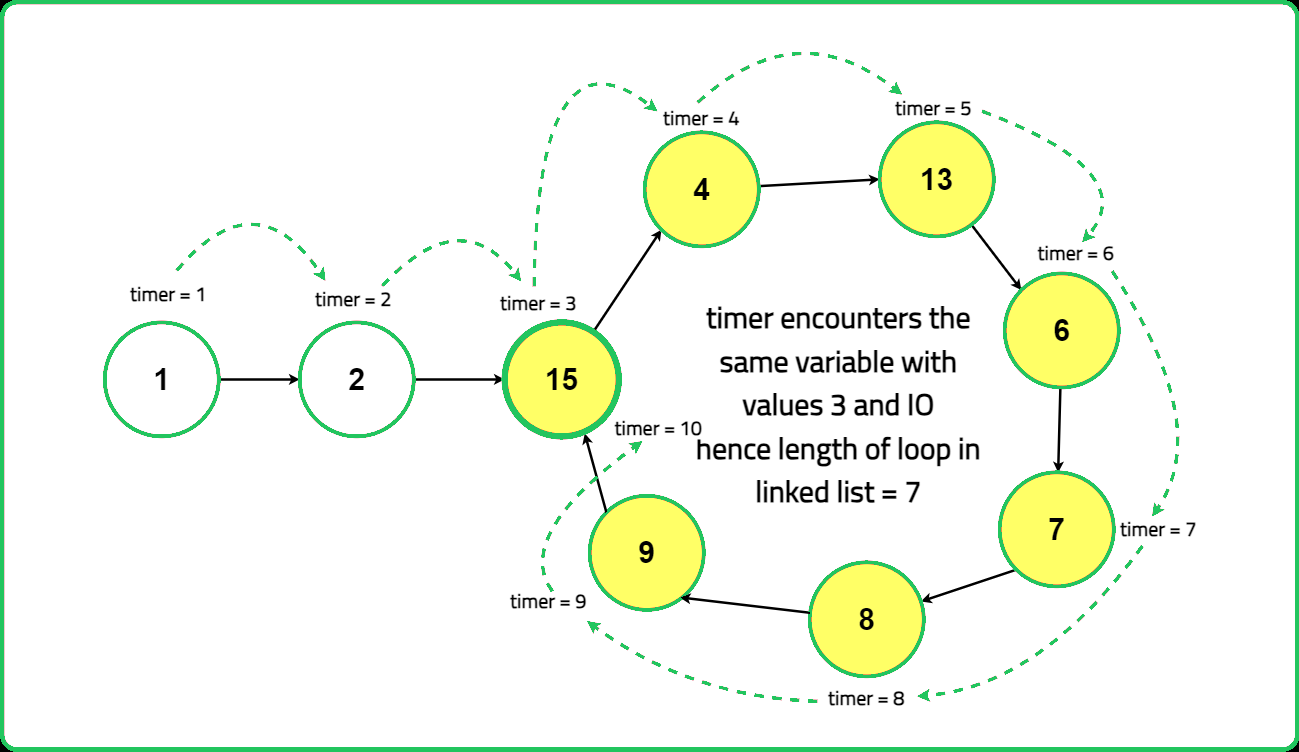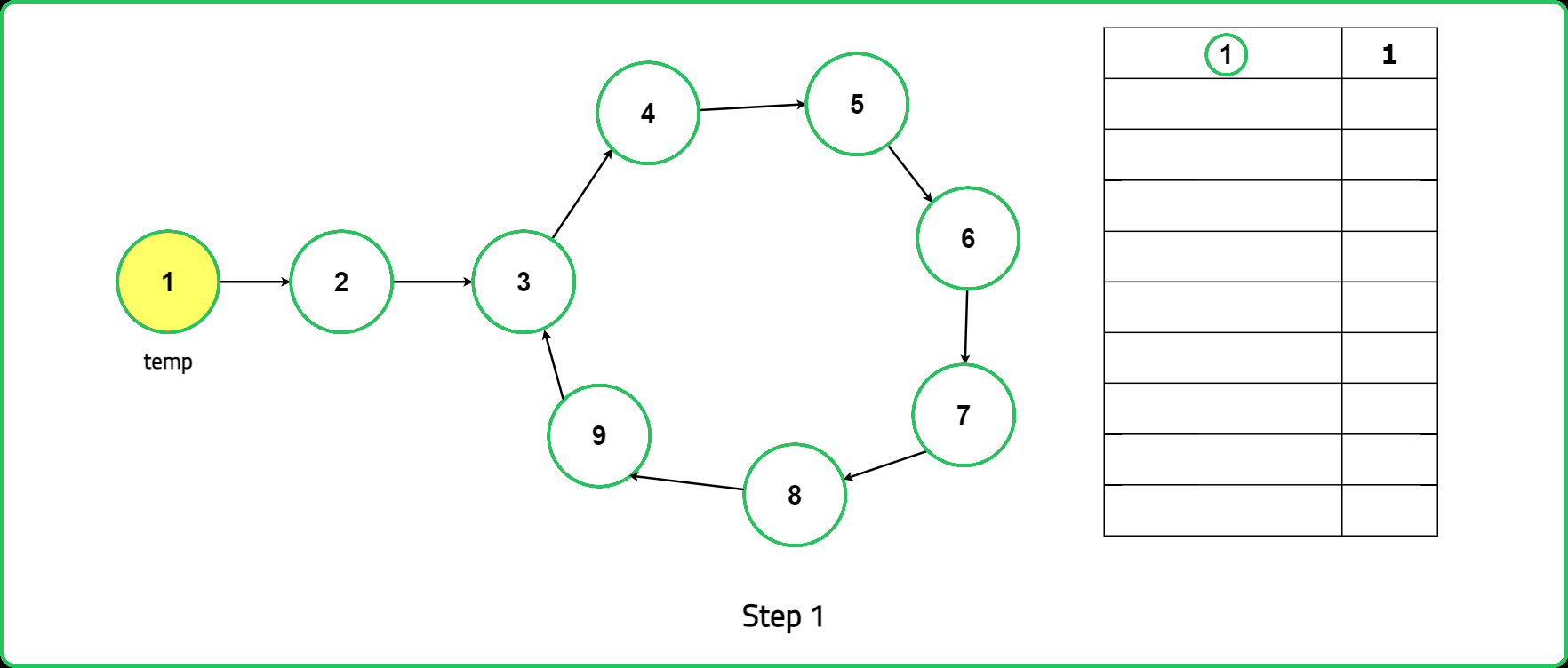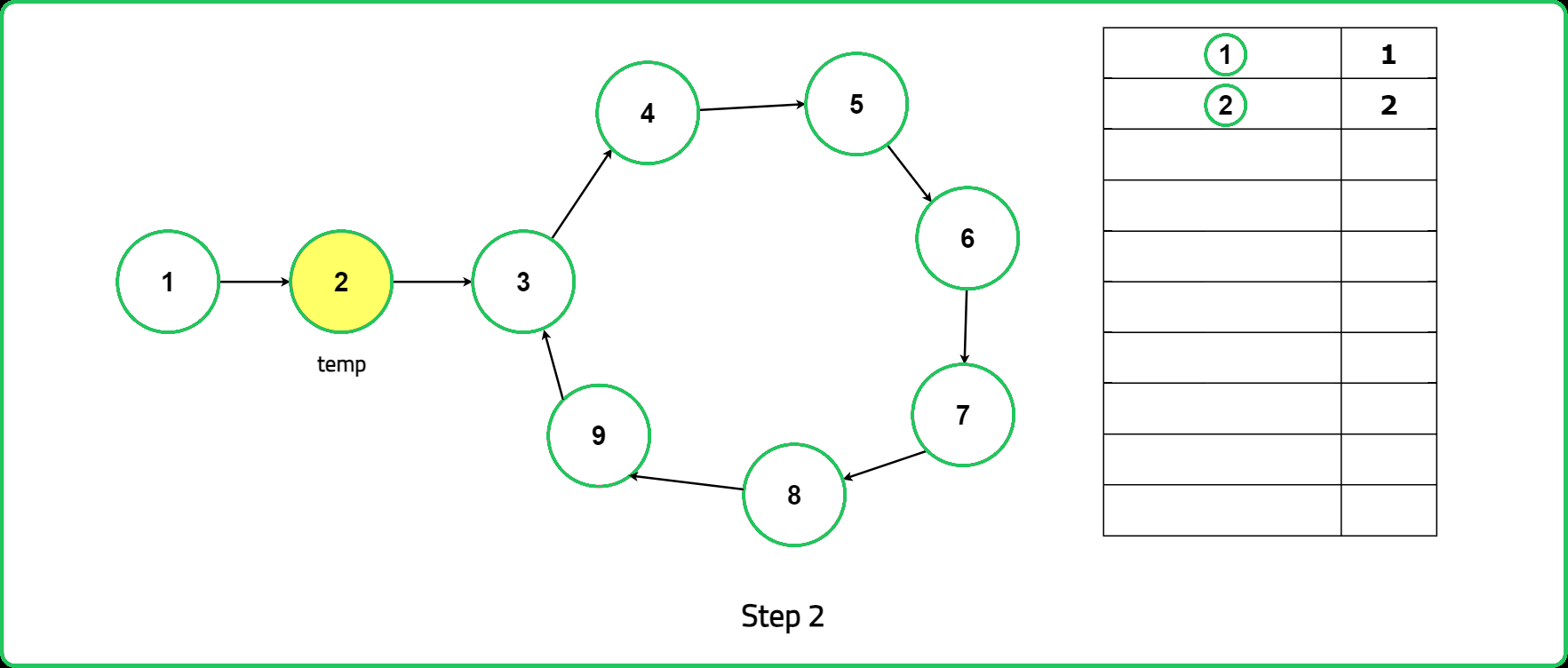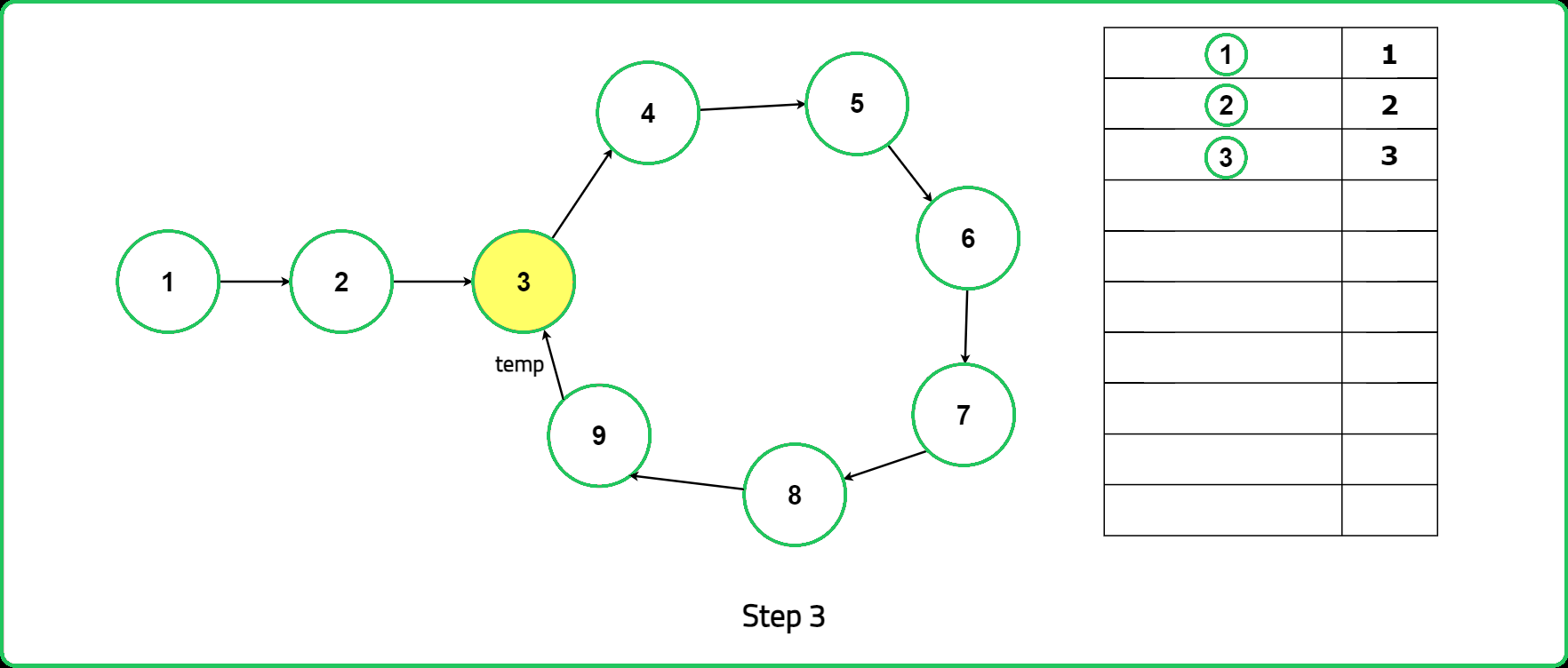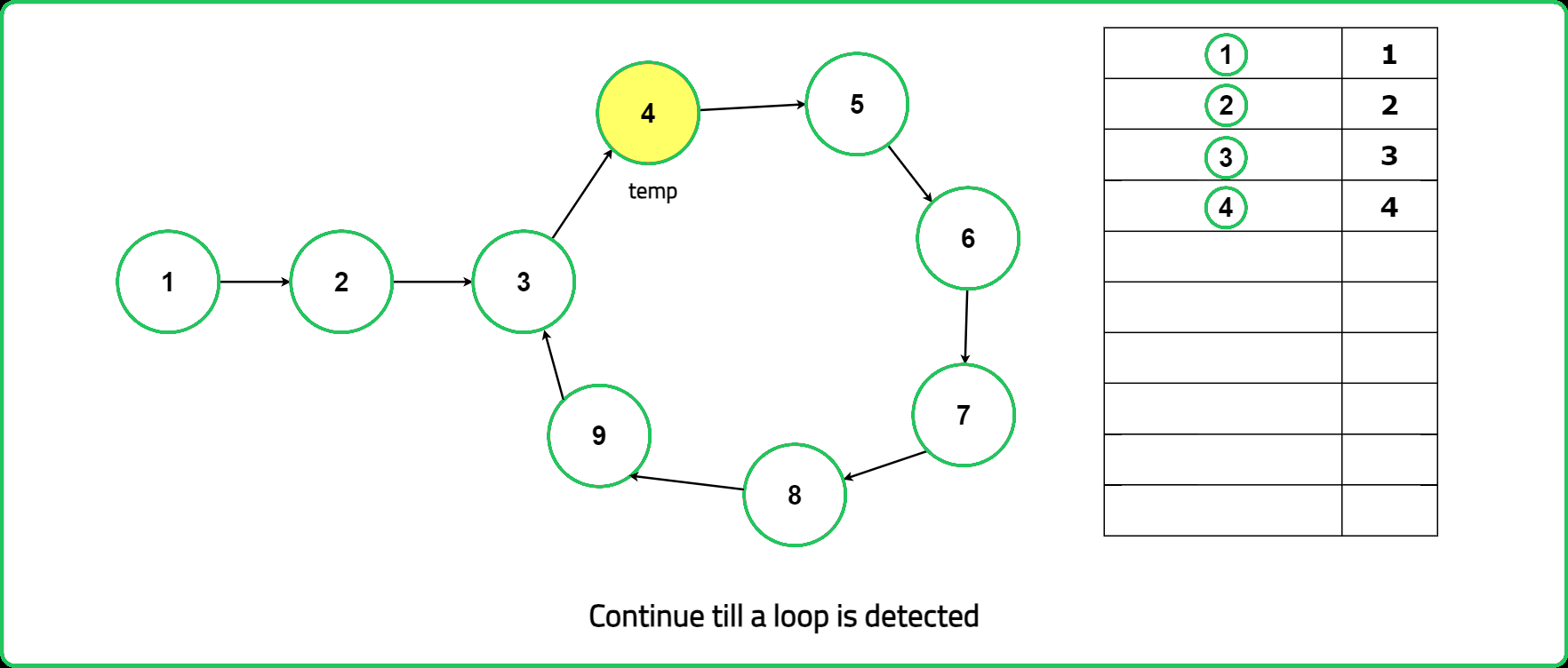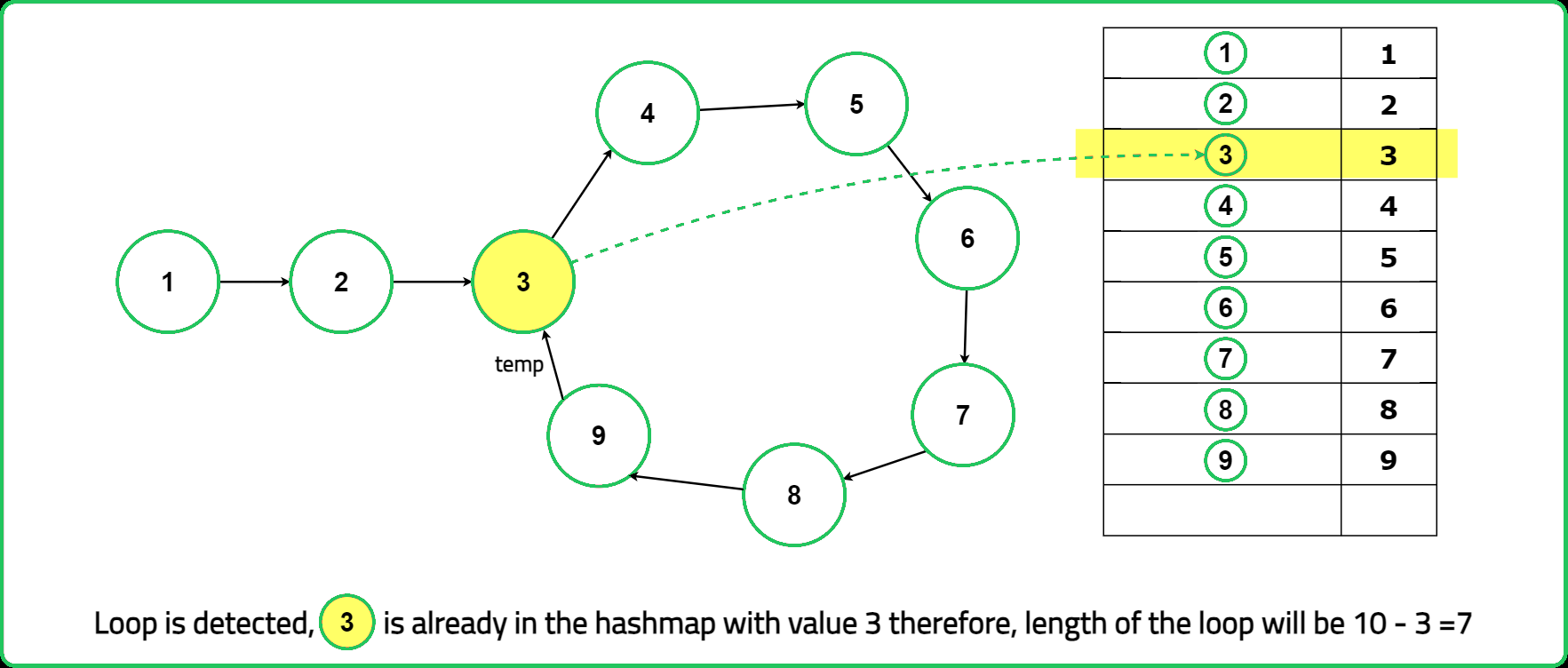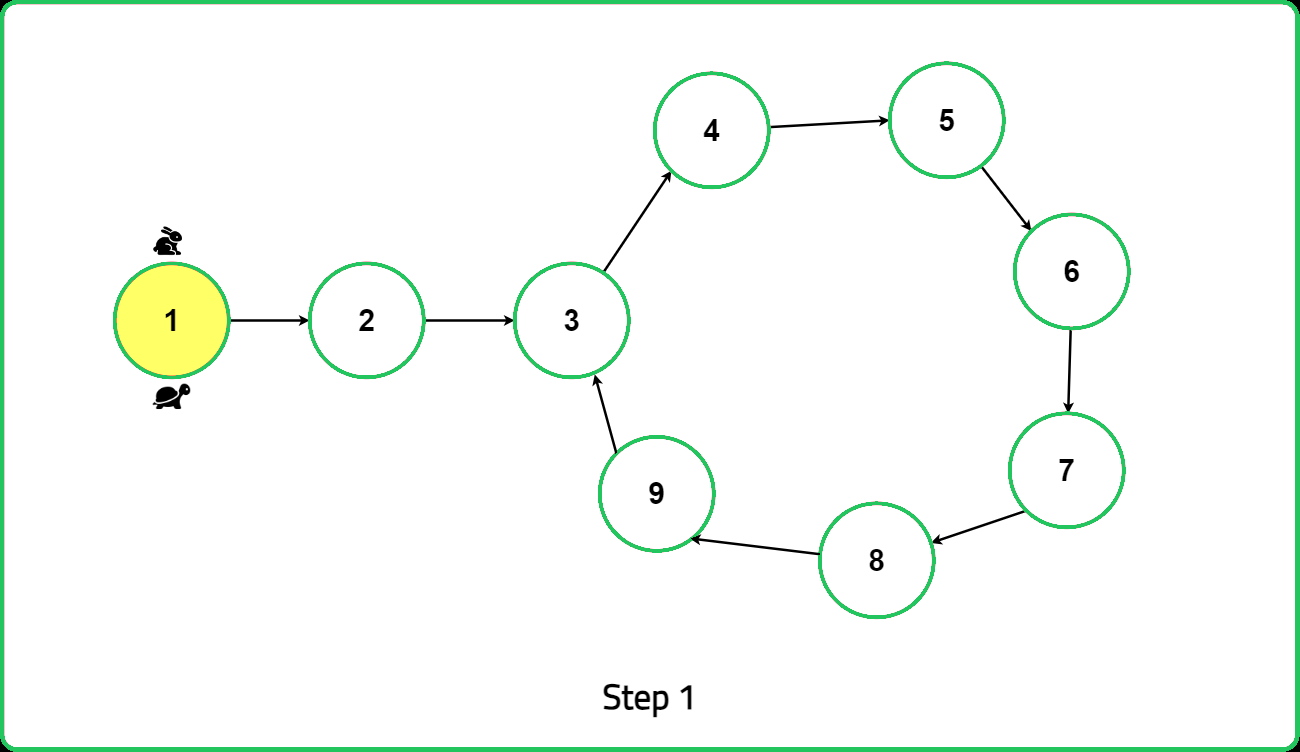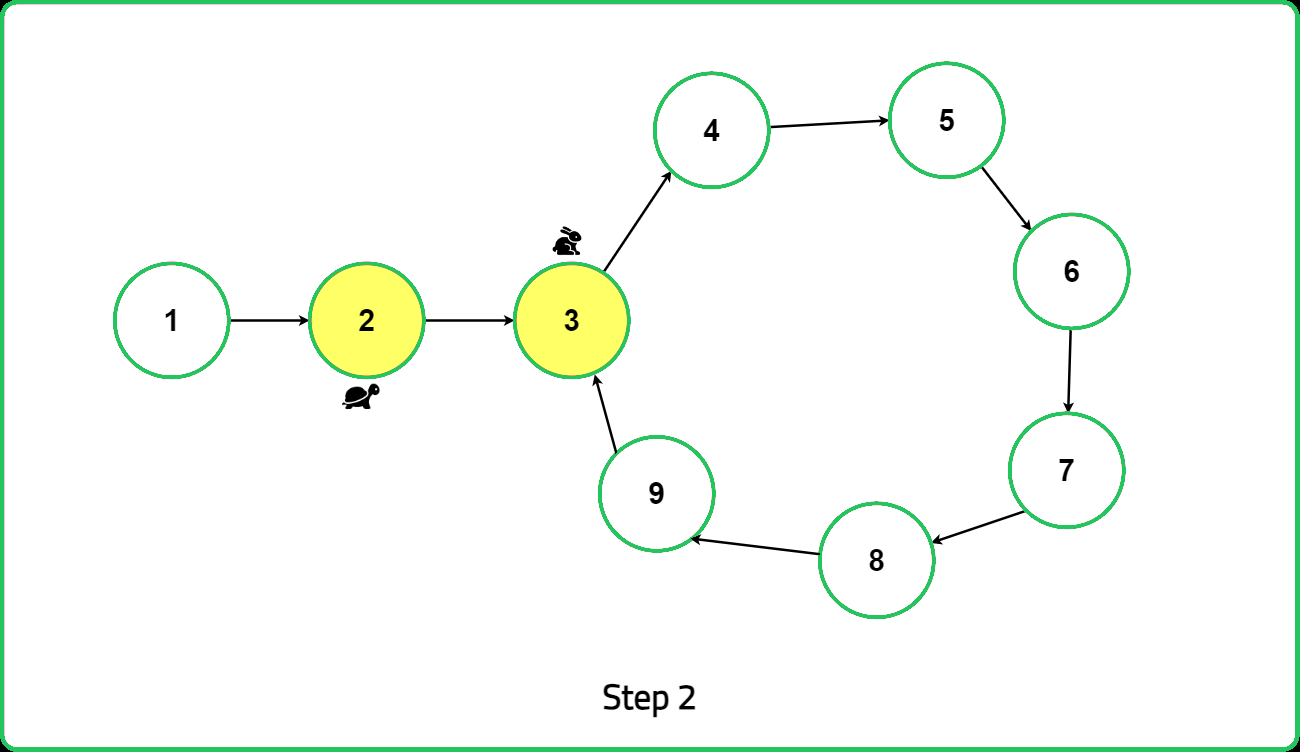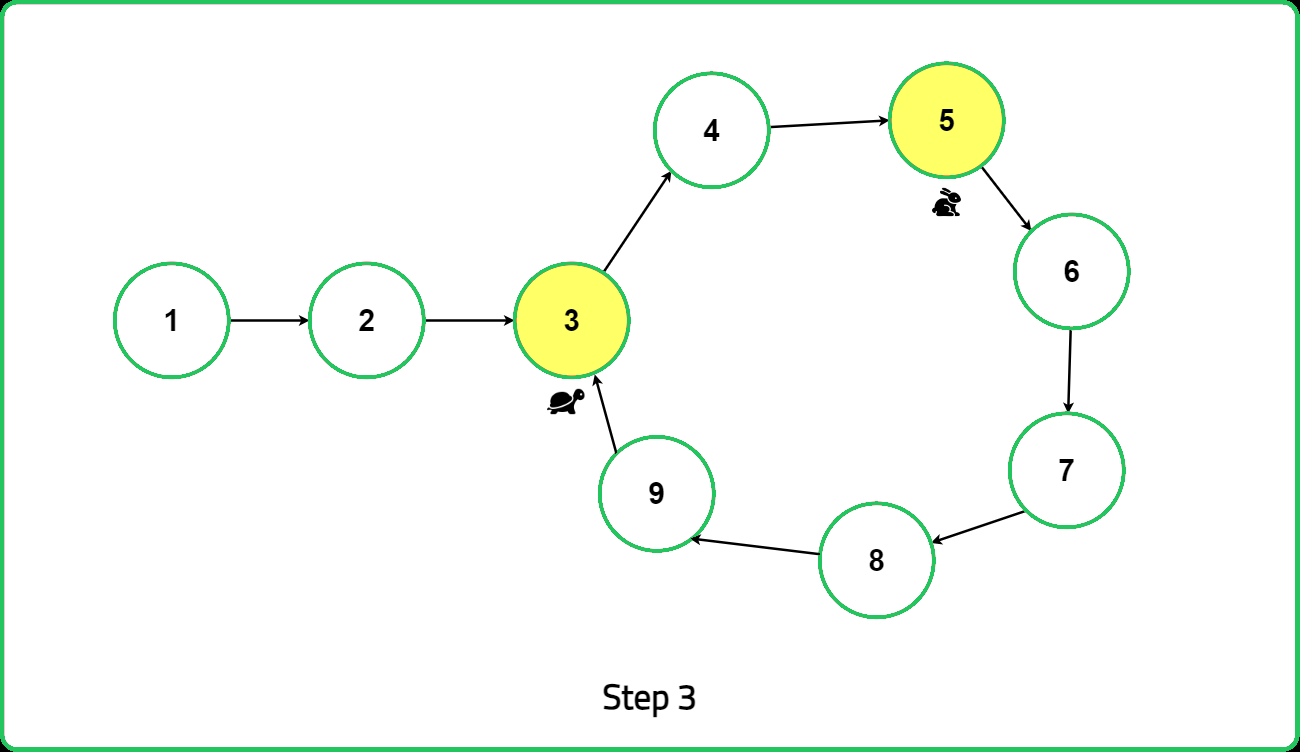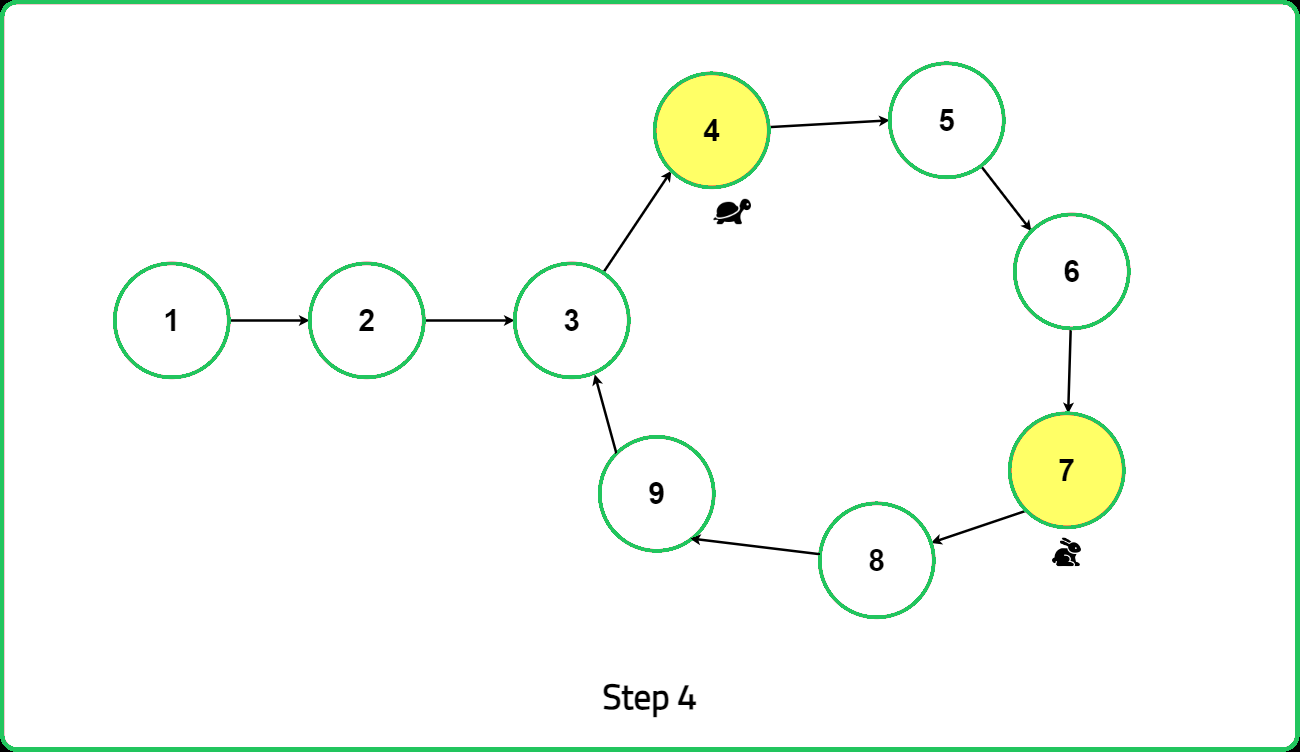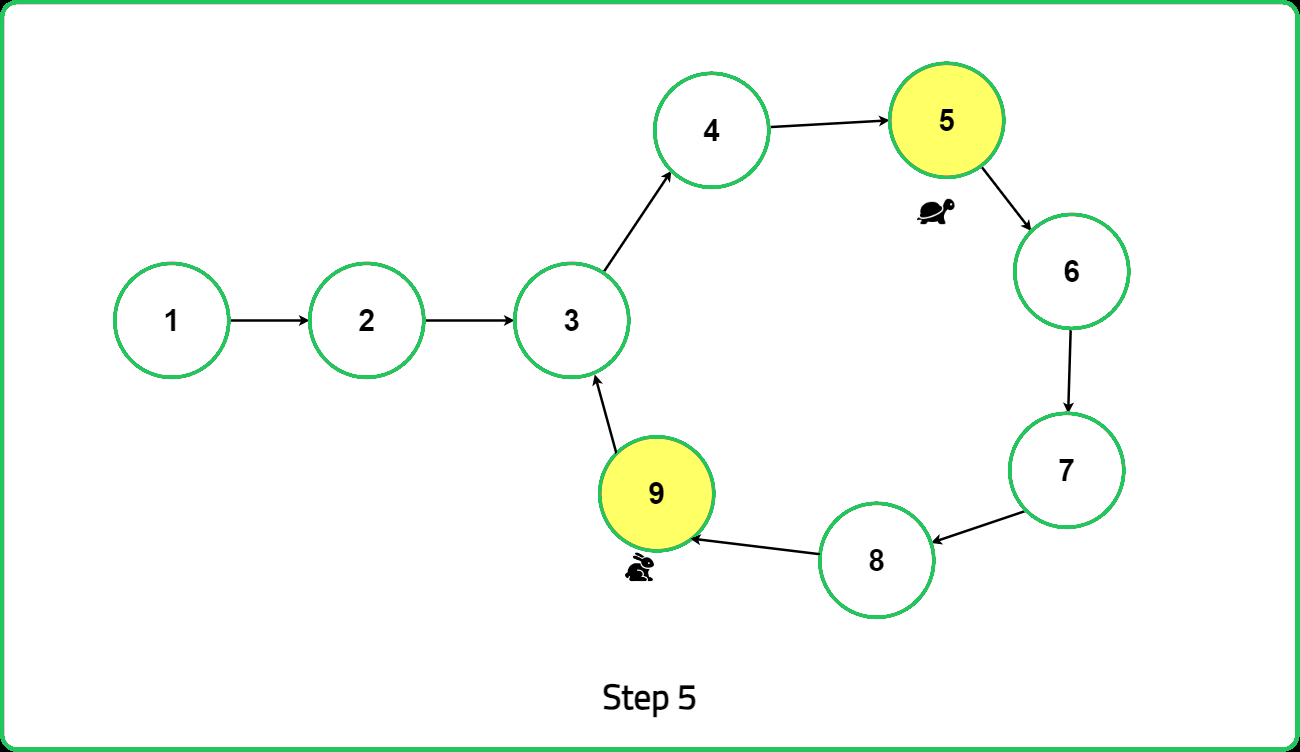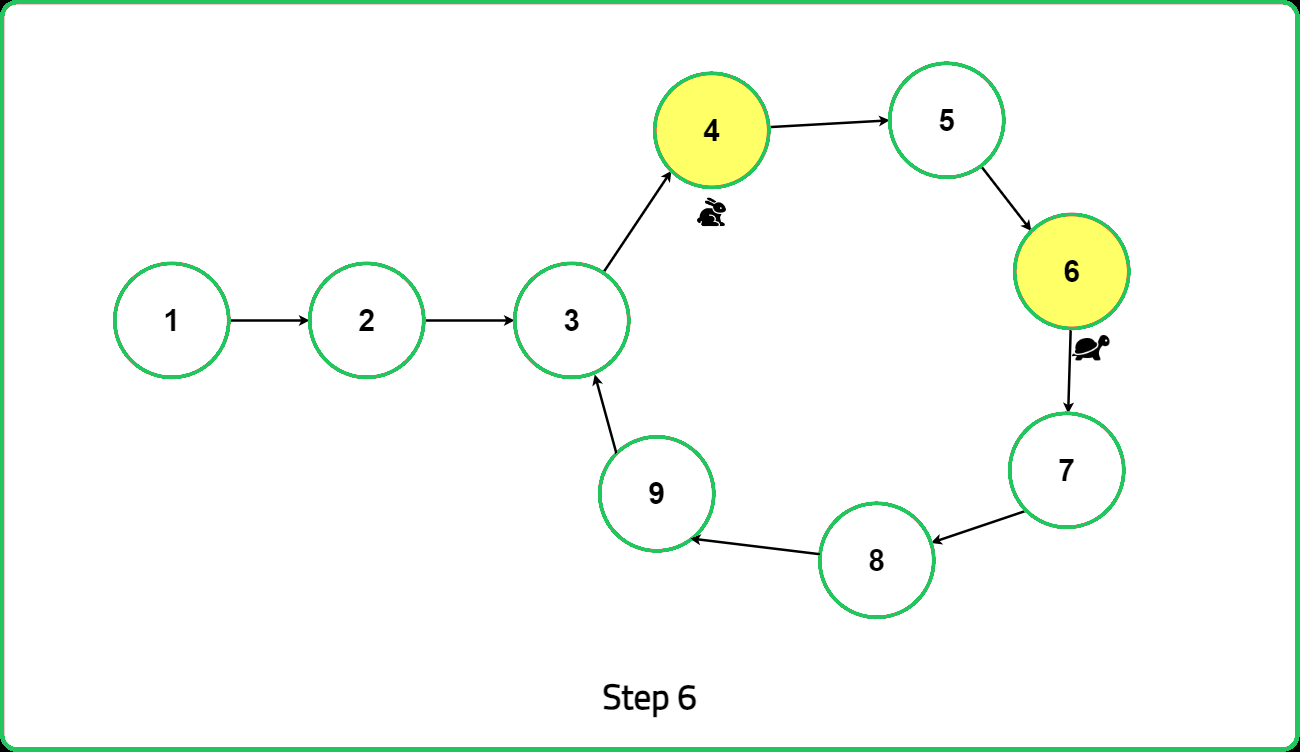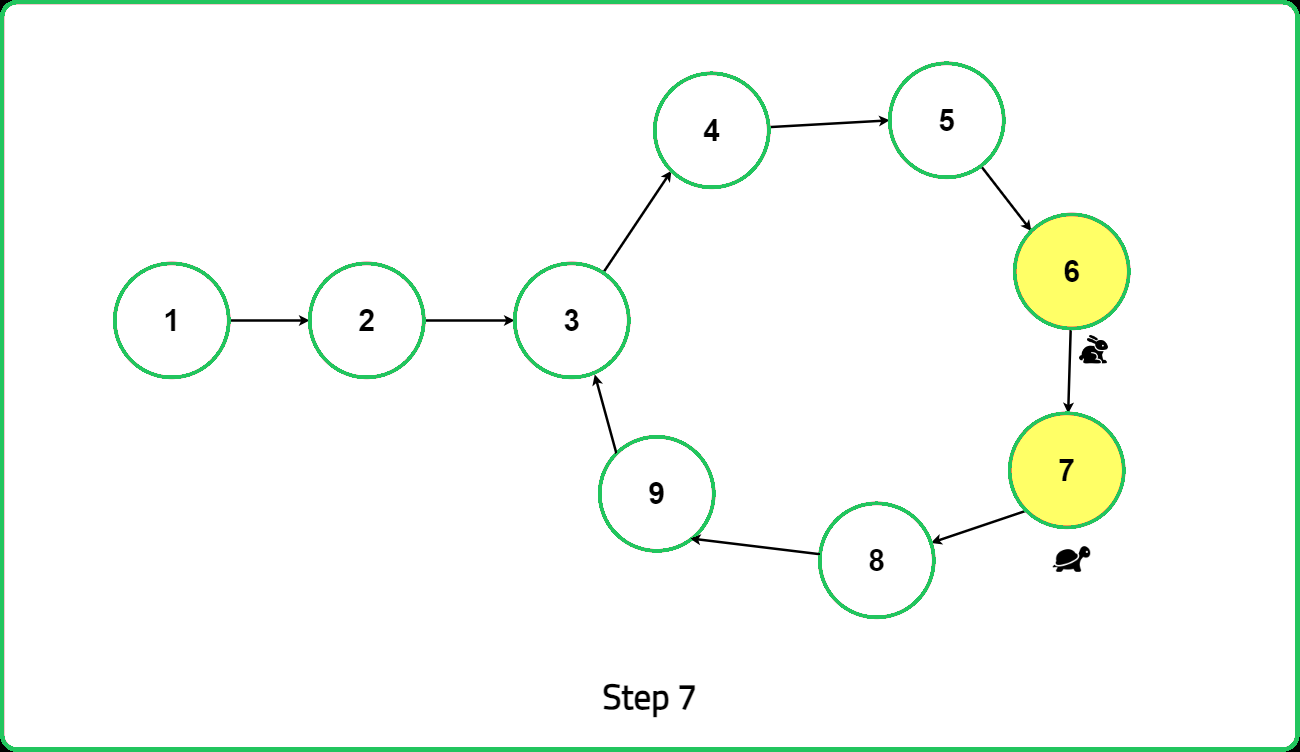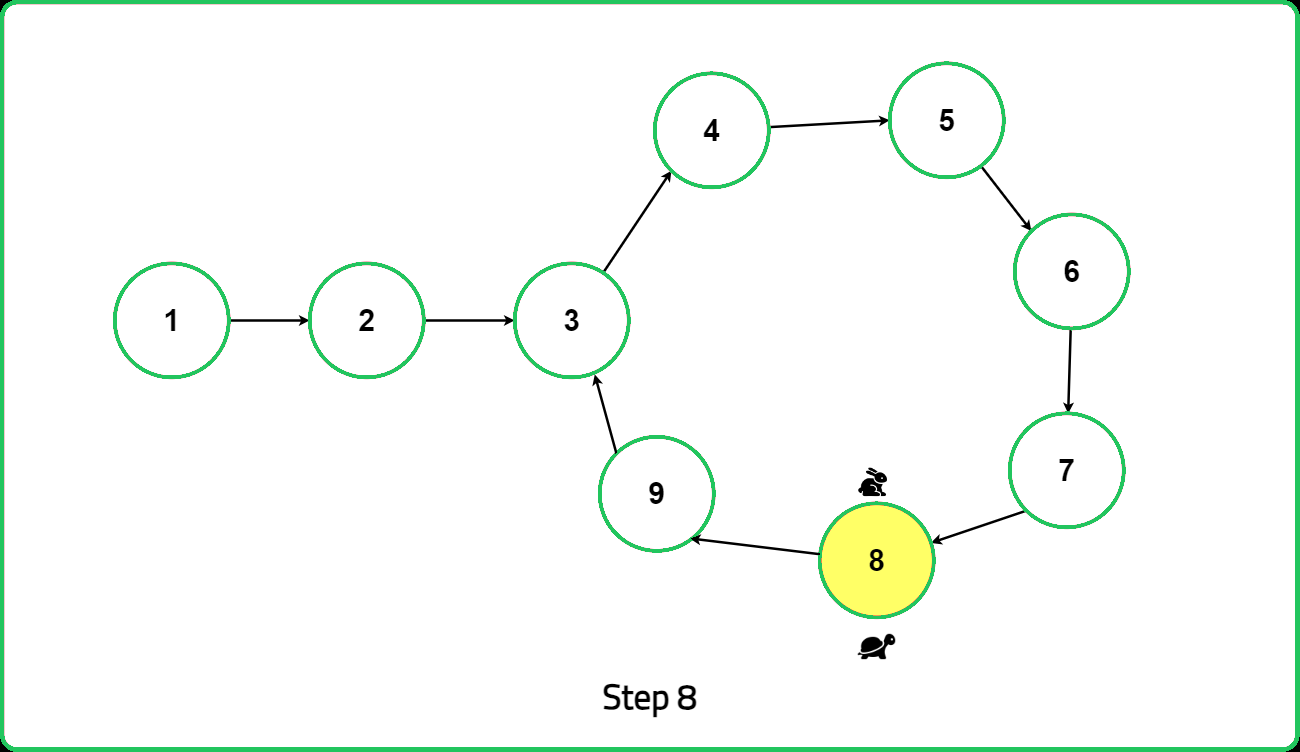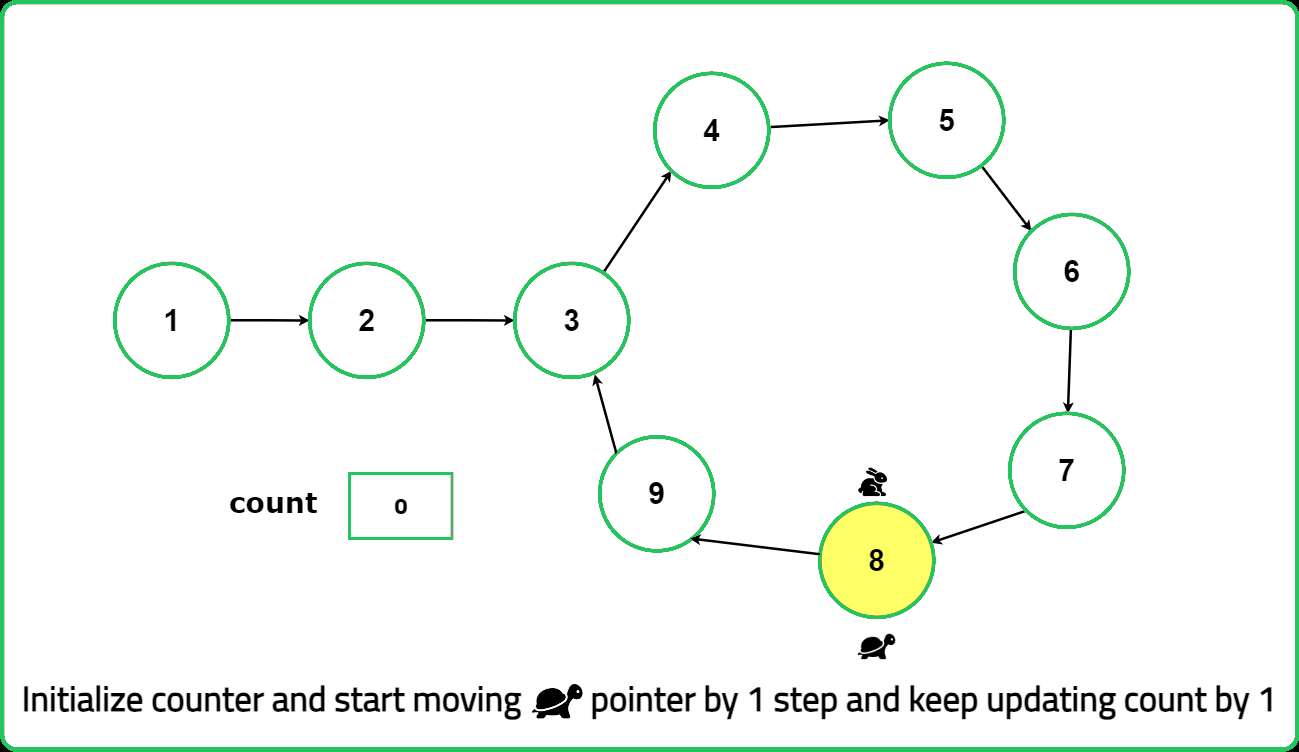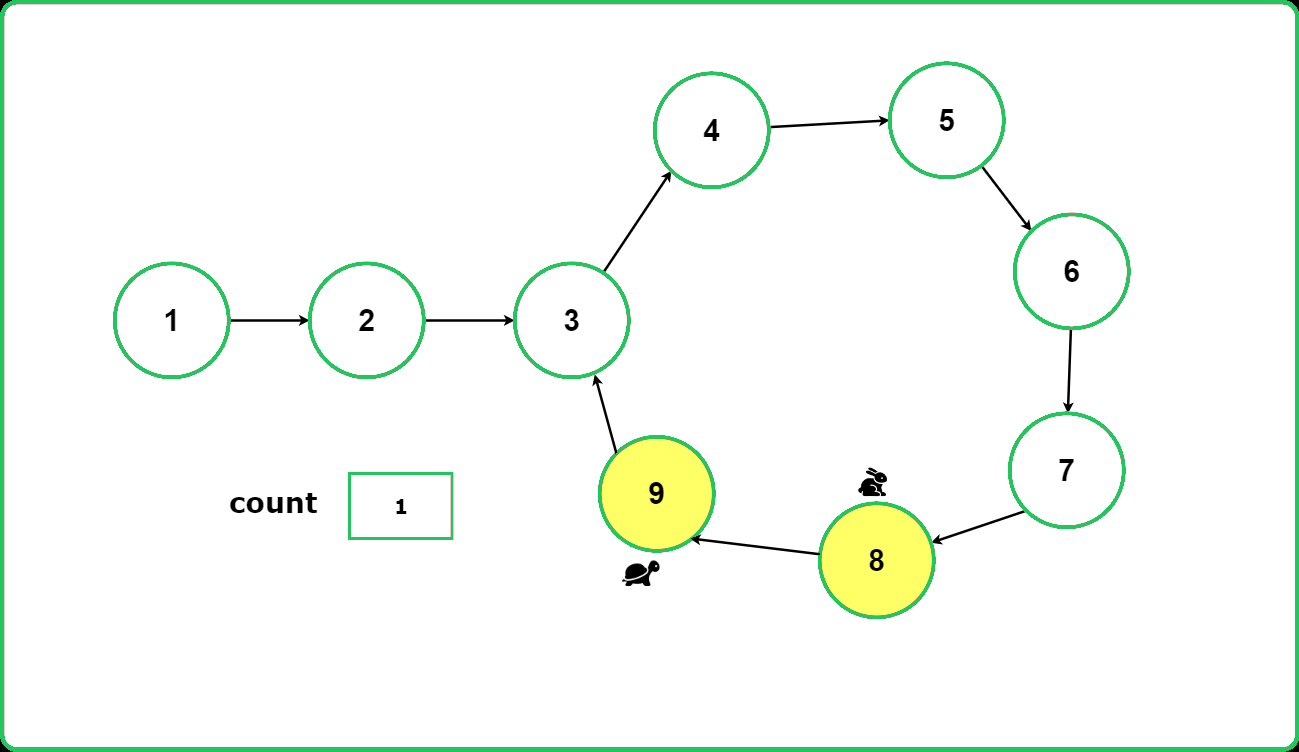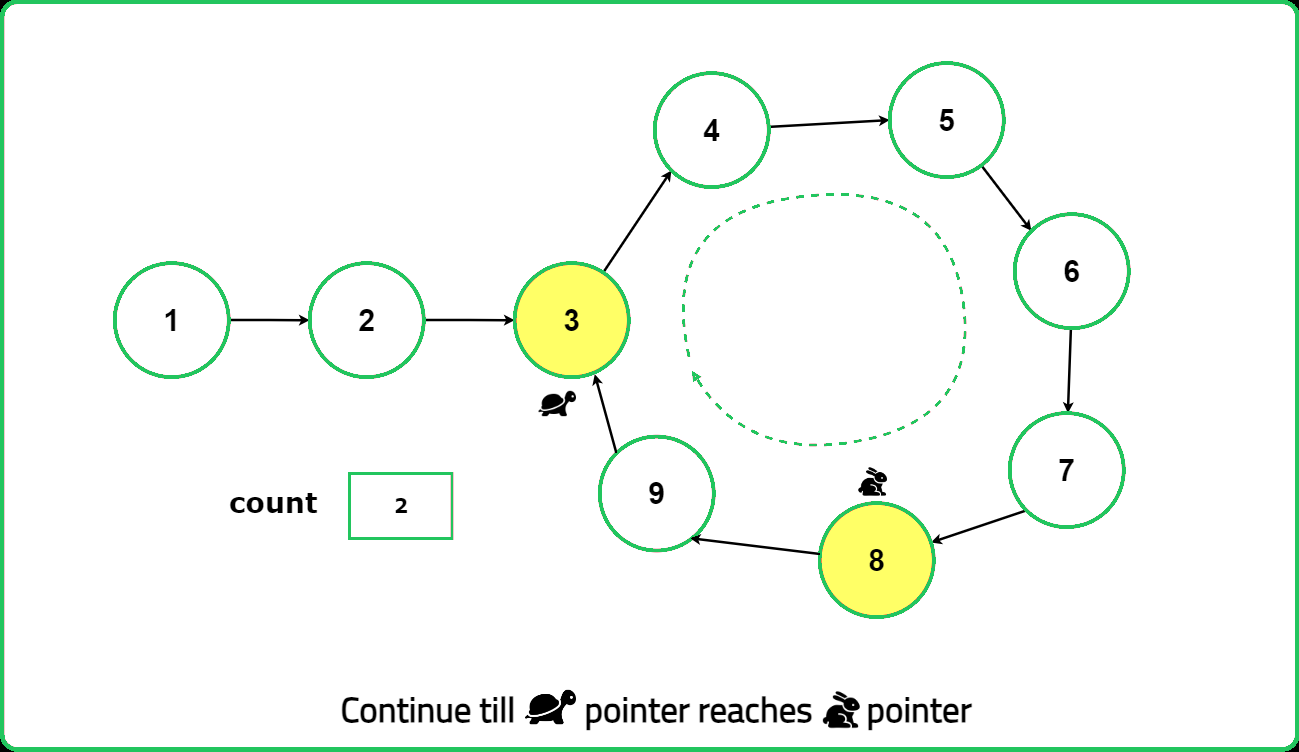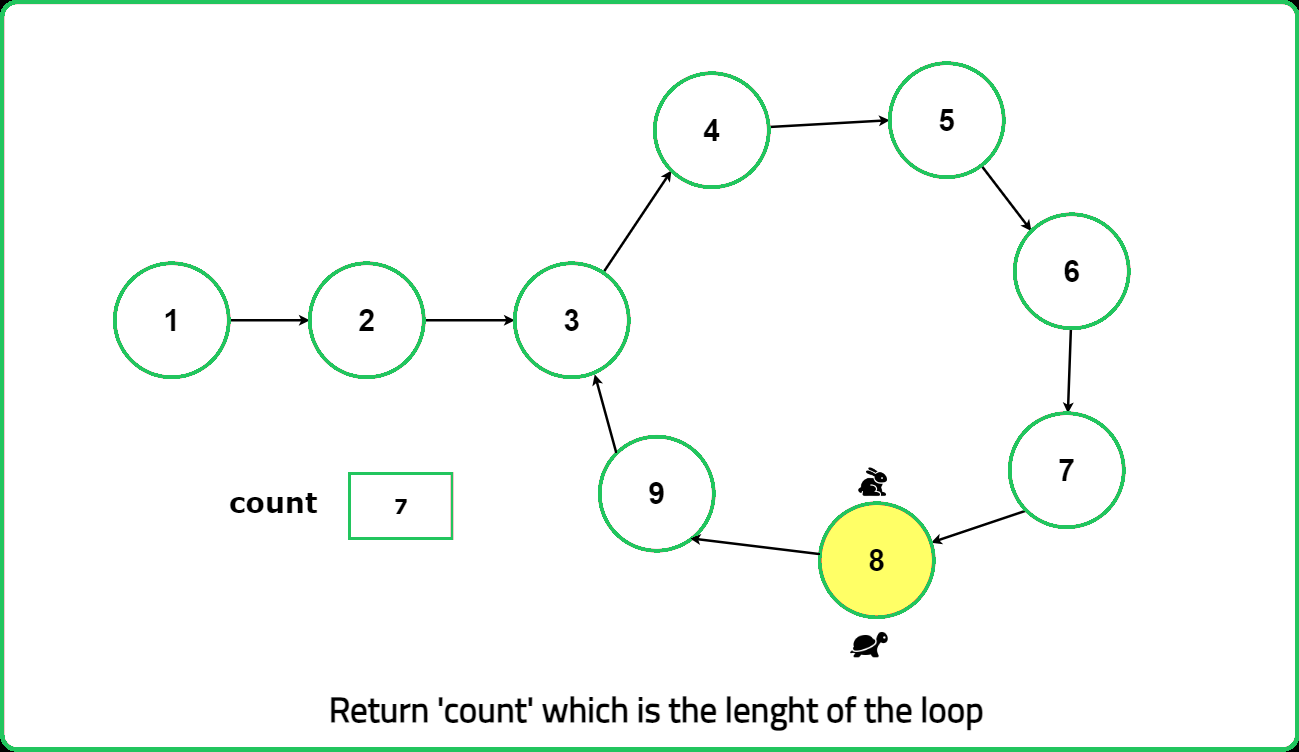Length of loop in LL
Linked-List
FAQs (Medium)
Medium
- This problem underpins many real-world applications particularly in system software and web development fields
- It is commonly used in debugging or troubleshooting memory leaks and infinite loops
- For example, in garbage collection frameworks used in languages like Java and
- NET, understanding the cycle detection in linked lists is crucial to manage memory efficiently and ensure that objects involved in a cycle are not prematurely deallocated
- Additionally, in web crawling or network routing algorithms, it's important to prevent infinite loops by understanding and identifying cycles within networks
Given the head of a singly linked list, find the length of the loop in the linked list if it exists. Return the length of the loop if it exists; otherwise, return 0.
A loop exists in a linked list if some node in the list can be reached again by continuously following the next pointer. Internally, pos is used to denote the index (0-based) of the node from where the loop starts.
Note that pos is not passed as a parameter.
Examples:
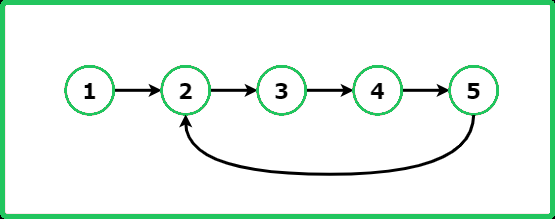
Input: head -> 1 -> 2 -> 3 -> 4 -> 5, pos = 1
Output: 4
Explanation: 2 -> 3 -> 4 -> 5 - >2, length of loop = 4.

Input: head -> 1 -> 3 -> 7 -> 4, pos = -1
Output: 0
Explanation: No loop is present in the linked list.
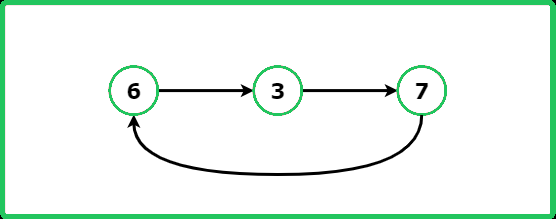
Input: head -> 6 -> 3 -> 7, pos = 0
Constraints
- 0 <= number of nodes in the cycle <= 105
- 0 <= ListNode.val <= 104
- pos is -1 or a valid index in the linked list
Hints
- A brute-force approach uses a HashSet (O(n) space) to track visited nodes. However, a more efficient O(1) space solution exists using Floyd’s Cycle Detection Algorithm.
- Use Two Pointers (slow and fast) to detect a cycle. If they meet inside the cycle, initialize a counter and traverse the loop to count its length.
Company Tags
Etsy
Broadcom
DoorDash
Dropbox
Boston Consulting Group
Databricks
Epic Games
Qualcomm
Zomato
Wayfair
eBay
Cerner
Micron Technology
Rockstar Games
Activision Blizzard
Zynga
KPMG
Oracle
Riot Games
Bloomberg
AMD
Western Digital
ARM
GE Healthcare
Flipkart
Google
Microsoft
Amazon
Meta
Apple
Netflix
Adobe
